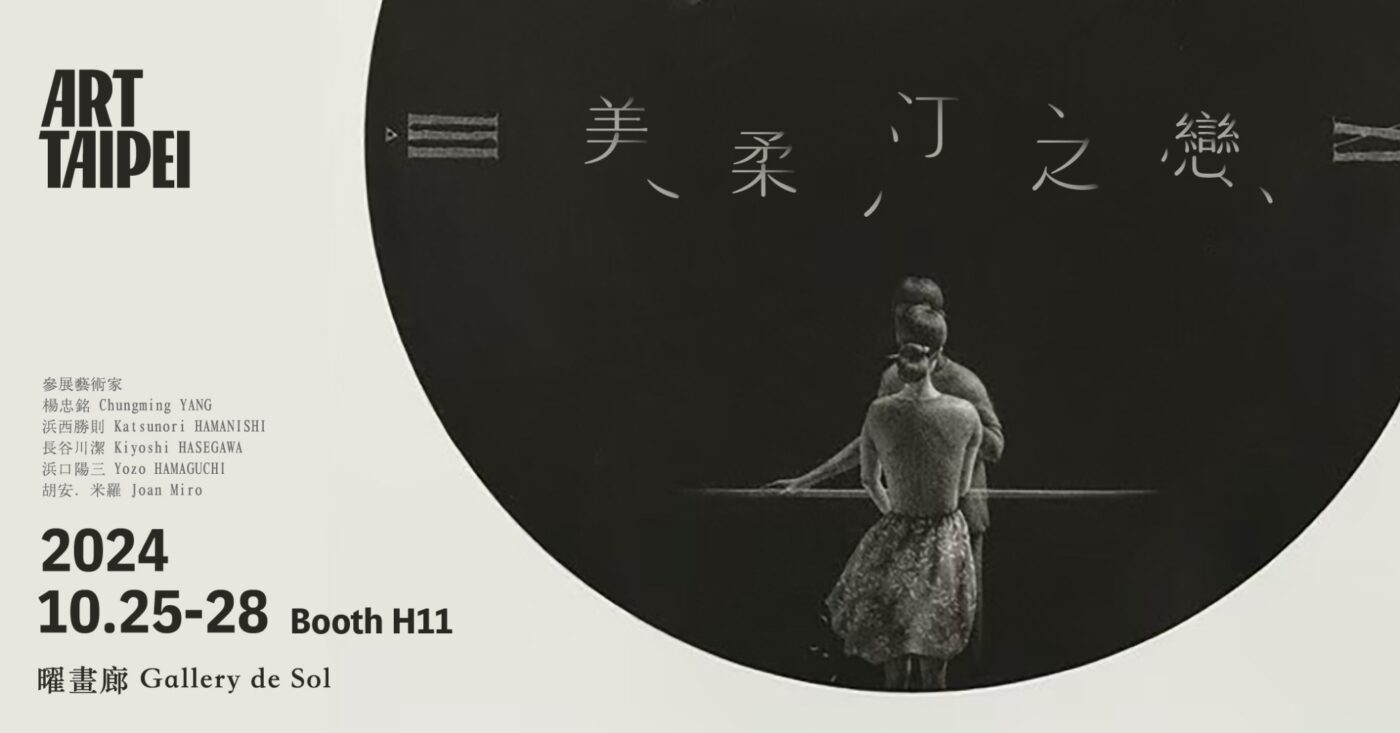
2024.10.25 – 2024.10. 28
台北國際藝術博覽會 ART TAIPEI
曜畫廊 Gallery de Sol|展位 H11
展覽主題|美柔汀之戀
參展藝術家|
楊忠銘 Chung-Ming YANG
浜西勝則 Katsunori HAMANISHI
浜口陽三 Yozo HAMAGUCHI
長谷川潔 Kiyoshi HASEGAWA
胡安.米羅 Joan Miró
公眾展期|
2024.10.25 (五) 14:00-19:00
2024.10.26 (六) 11:00-19:00
2024.10.27 (日) 11:00-19:00
2024.10.28 (一) 11:00-18:00
地點|台北世貿 1 館
地址|台北市信義區信義路五段 5 號
購票網址|https://lihi2.com/lkzme
曜畫廊長期推廣版創藝術(Original Print),期望在Art TAIPEI這個走在亞洲前端的藝博會,讓更多藝術愛好者以正確的原創藝術觀念與角度,尊重、珍視、欣賞這個古老的媒材所創造出來的全新當代樣貌。本次將展出日本20世紀三位美柔汀大師長谷川潔(Kiyoshi Hasegawa,1891-1980)、浜口陽三(Yozo Hamaguchi,1909-2000)、浜西勝則(Katsunori Hamanishi,1949-)以及台灣故宮唯一典藏作品的台灣版創藝術家楊忠銘(1974-)細緻優雅的美柔汀創作,為觀眾帶來一場黑與白的盛宴。
美柔汀(Mezzotint,法語為Manière noire,意為「黑色的方法」,義大利語意為「中間色調」),美柔汀屬於凹版版畫技法(Intaglio),是一種需要異於常人的耐性和精細度,以及高超刻版及擦版技巧的版創藝術,因其困難、細緻,卻又能表現最幽微美麗的色調,被稱為銅版中的貴族技法。於17、18世紀興盛於英國,達到高峰之後,即便技藝再精湛的工匠也難有突破,而高難度的技術要求又難以吸引其他非從事此項專業的藝術家,因此在往後版創藝術的發展中日漸式微。
上個世紀,日本出現幾位以美柔汀聞名世界的巨匠大師Katsunori Hamanishi、Yozo Hamaguchi、Kiyoshi Hasegawa,將歐洲的美柔汀帶入了日本文化的靜懿與幽微氣氛,開創出有別於歐洲傳統的美柔汀樣貌。 台灣藝術家楊忠銘從大學二年級便開始以美柔汀進行創作,著迷於其繁複工序與精巧畫面的成果。日以繼夜的練習、鑽研,以及在此項藝術上的天賦,大學時期便已成為首位以版畫作品獲得當時不分類別美術競賽「南瀛獎」大獎殊榮的藝術家。20年的實驗與實踐,楊忠銘成功從當代角度,重新賦予這幾百年歷史媒材以全新的詮釋。 同場加映西班牙大師米羅精彩絕倫的銅版金剛砂技法作品,讓觀眾得以比較兩種凹版技法截然不同,但卻同樣令人心醉的美麗樣貌。
Gallery de Sol has been advocating for Original Print art for a long time, aiming to cultivate a correct understanding and appreciation of original print among art enthusiasts at this forefront of Asia’s art scene- Art Taipei. Gallery de Sol will bring the works of three Japanese masters of mezzotint from the 20th century: Kiyoshi Hasegawa (1891-1980), Yozo Hamaguchi (1909-2000), Katsunori Hamanishi (1949-), as well as Taiwan’s print artist Yang Chung-ming (1974-). Their delicate and elegant mezzotint creations will present a feast of black and white to the audience. Mezzotint, known as Manière Noire in French (“the black manner”) and meaning “middle tones” in Italian, belongs to the intaglio printmaking technique. It is an art form that demands extraordinary patience, precision, and mastery of engraving and burnishing skills. Mezzotint is renowned for its difficulty and intricacy in capturing the subtlest shades, earning it the title of the aristocratic technique of copperplate printing.
Flourishing in 17th and 18th century Britain, its popularity waned thereafter as even the most skilled craftsmen found it challenging to make further advancements, and the high level of technical proficiency required failed to attract artists outside the profession. Consequently, mezzotint gradually declined in the development of printmaking art in subsequent years. In the previous century, Japan produced several world-renowned masters of mezzotint, such as Katsunori Hamanishi, Yozo Hamaguchi, and Kiyoshi Hasegawa, who infused the European mezzotint tradition with the serene and subtle atmosphere of
Japanese culture, creating a distinct mezzotint style unique to Japan.
Taiwanese artist Yang Chung-ming began his exploration of mezzotint during his second year of university, captivated by the intricate processes and exquisite results it yielded. With relentless practice, study, and a natural talent for the art, he became the first artist to win the prestigious Nanjing Award in the fine arts competition, regardless of category, with his printmaking work while still in university. Over two decades of experimentation and practice, Yang Chung-ming has successfully reinterpreted this centuries-old medium from a contemporary perspective. In addition, the exhibition will feature the spectacular Carborundum technique works of the Spanish master Joan Miró, allowing viewers to compare the distinctly different intaglio techniques, both of which evoke enchanting beauty.
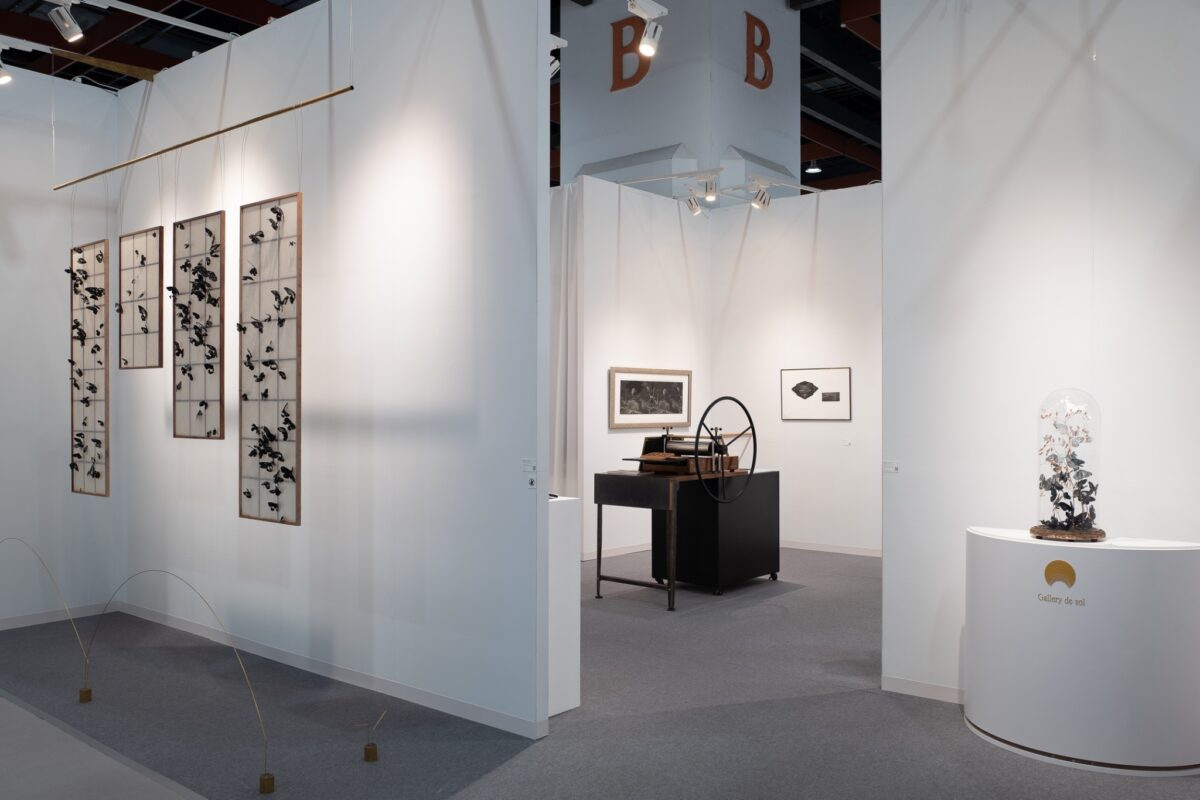
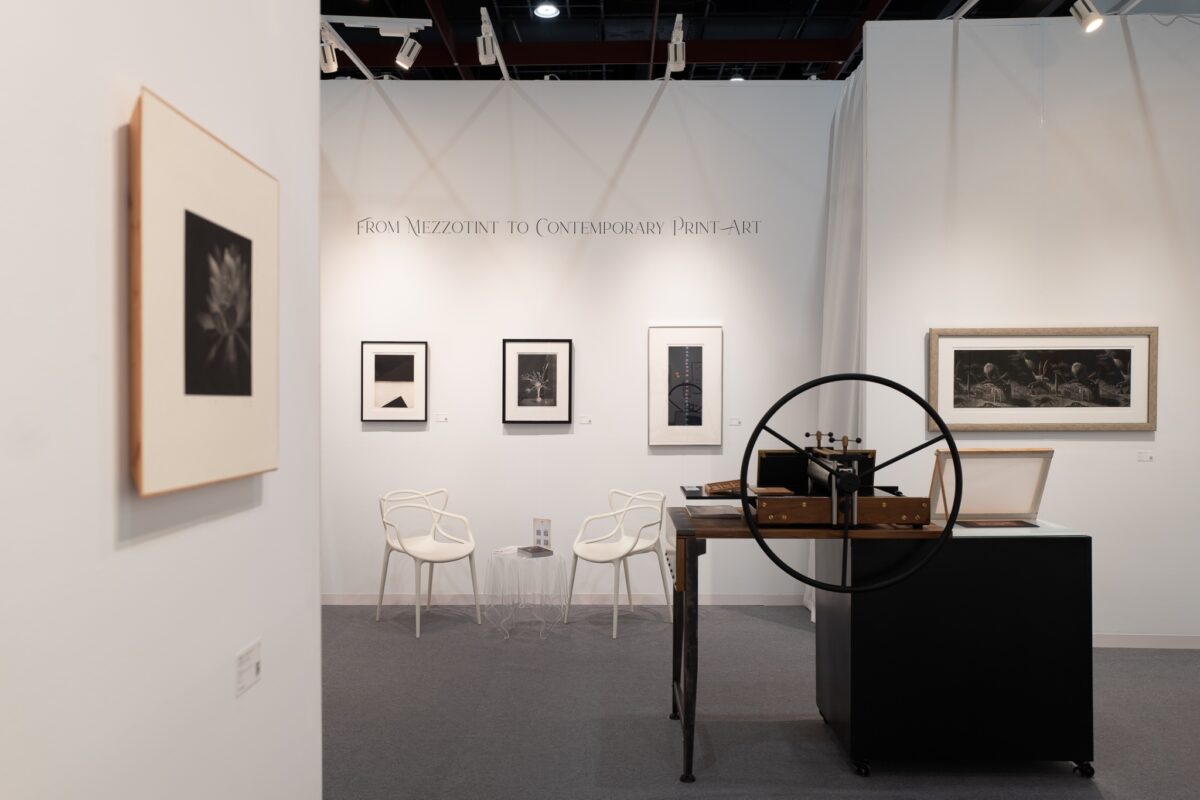
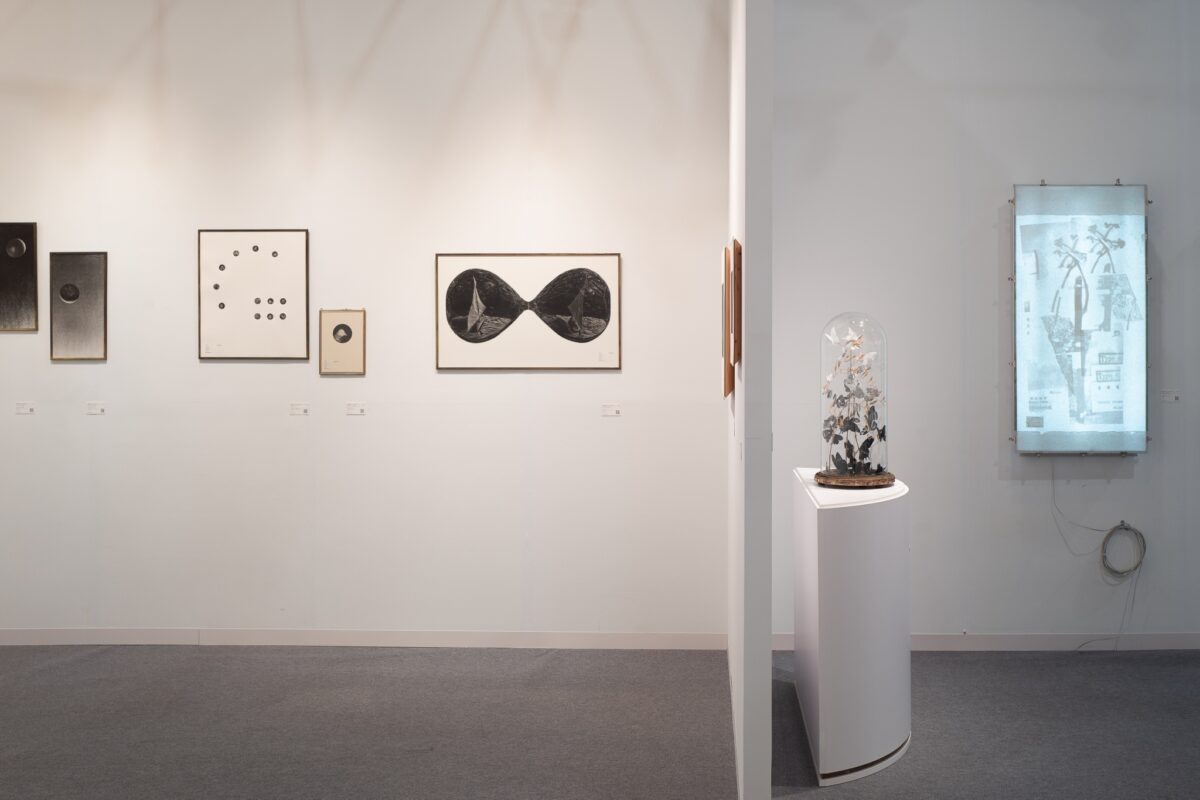
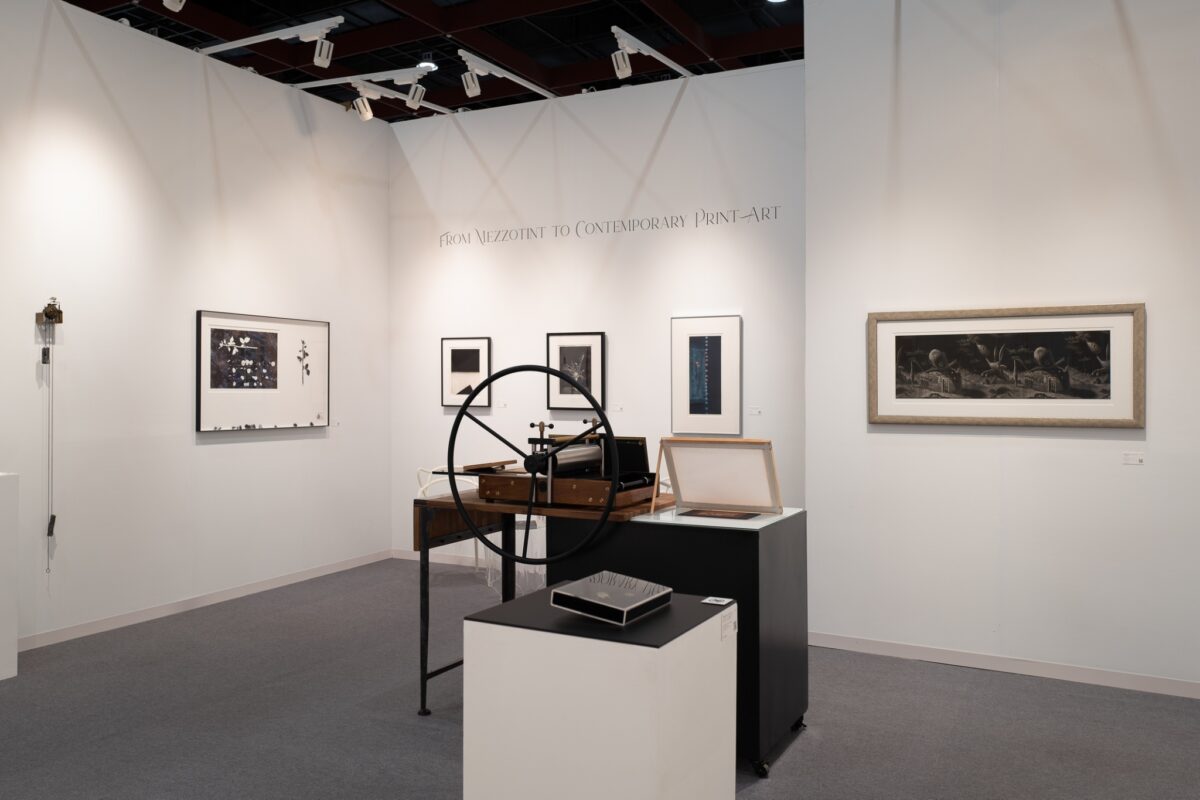
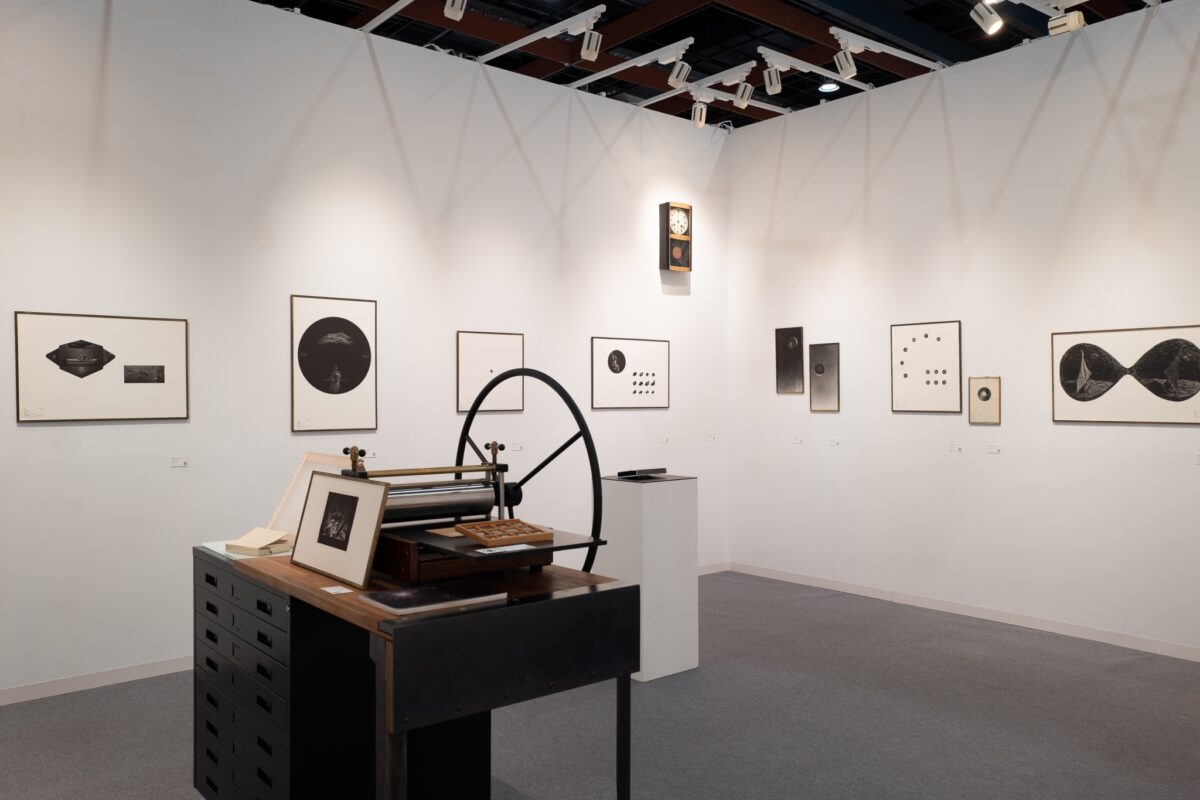
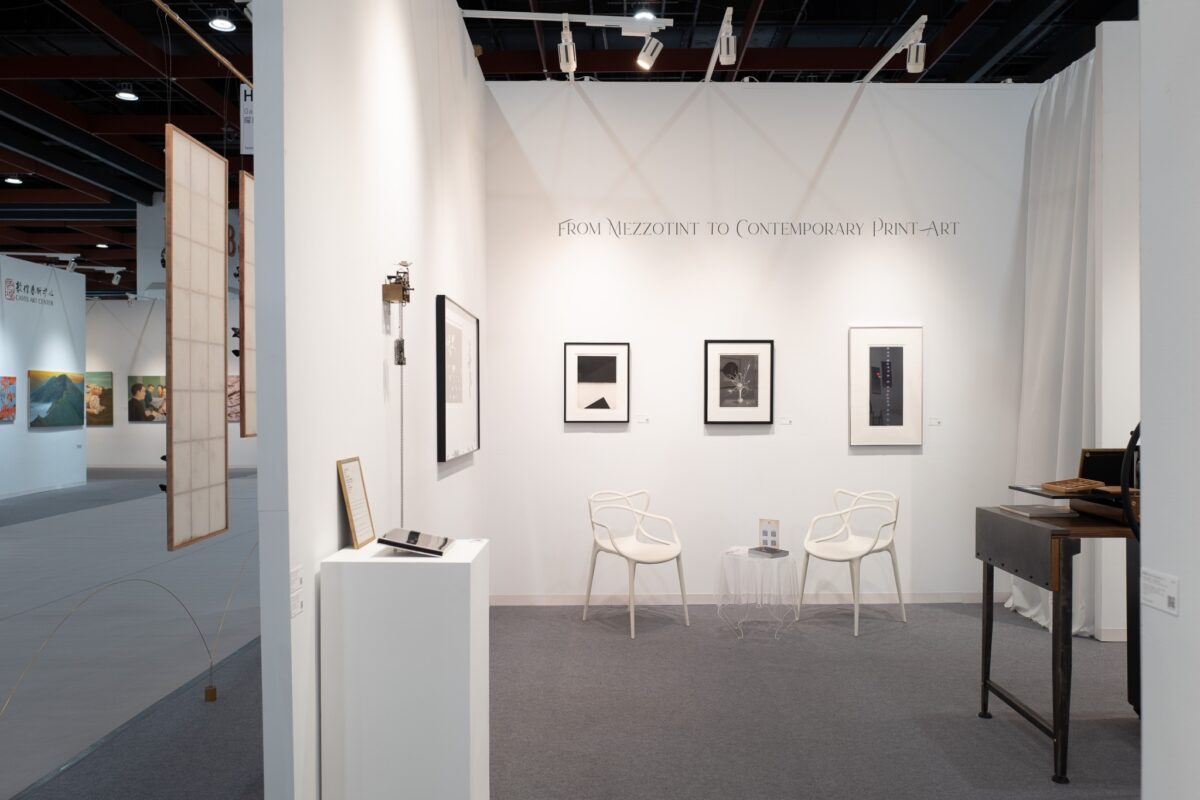
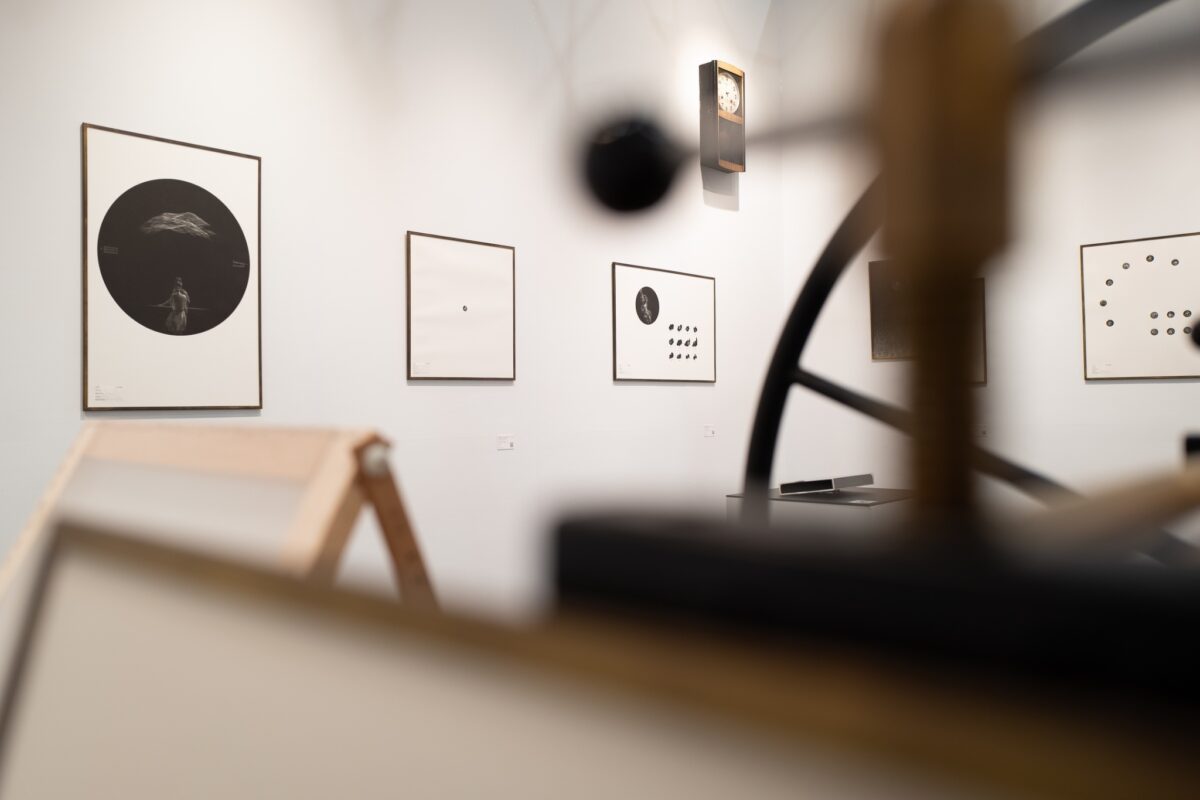
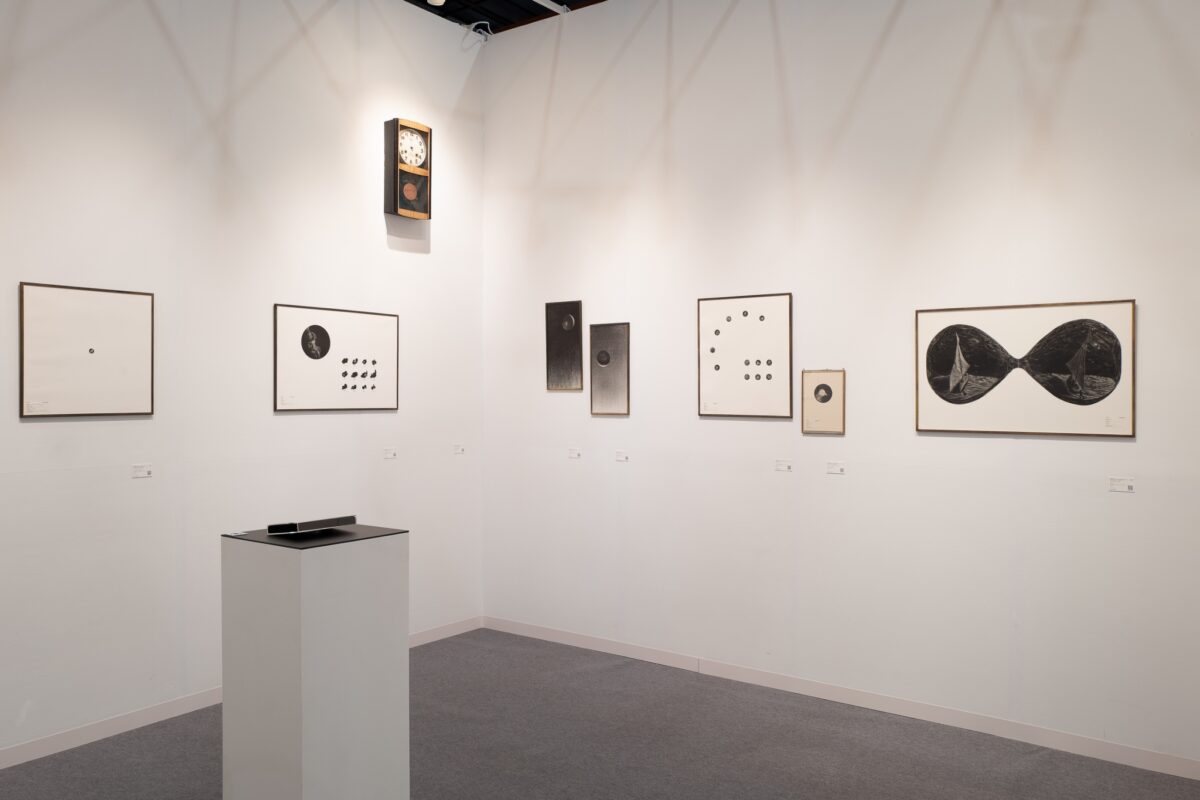
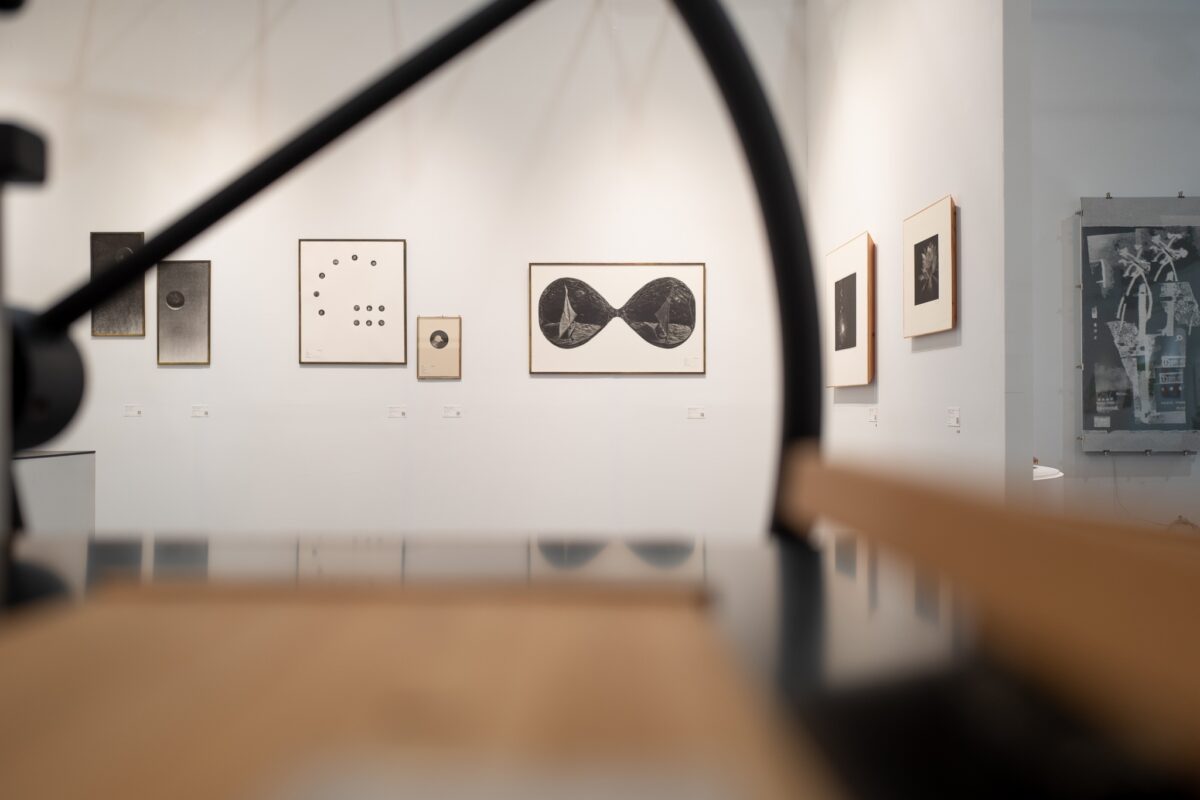



 English
English